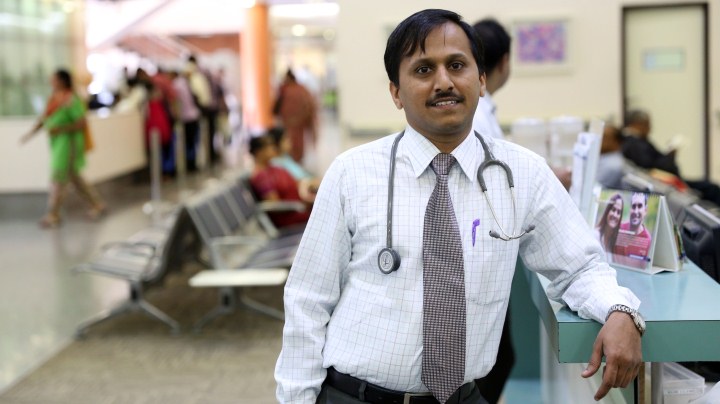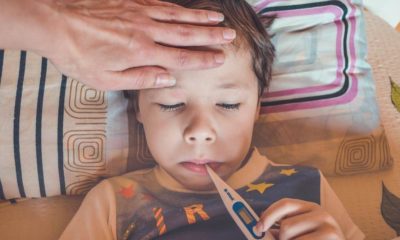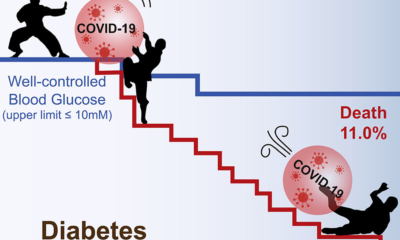Medical & Pharma
Post-Covid-19 Fatigue – Simple and effective ways to deal with it
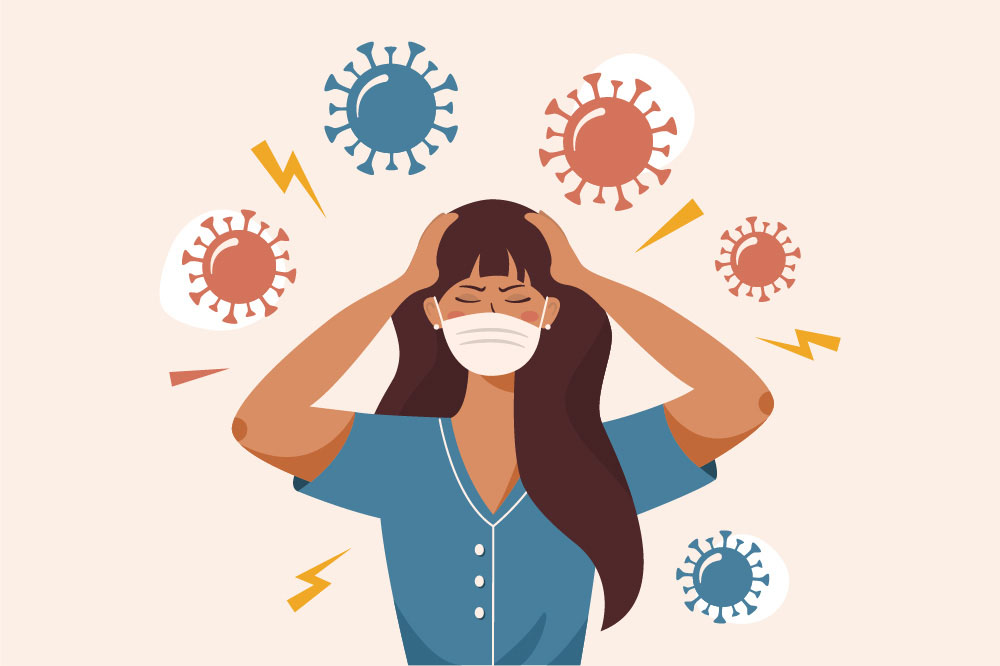
- Once a person contracts Covid infection, he/she may exhibit common symptoms like fever, cough, body ache, etc.
- That being said, a negative Covid test may not signal the end of health issues altogether. Many people, even after recovering from Covid, experience issues like post-Covid-19 fatigue.
- Though a large number of people are able to sail through it without having to deal with many complications after testing positive, the post covid-19 fatigue/complications may impact day-to-day life.
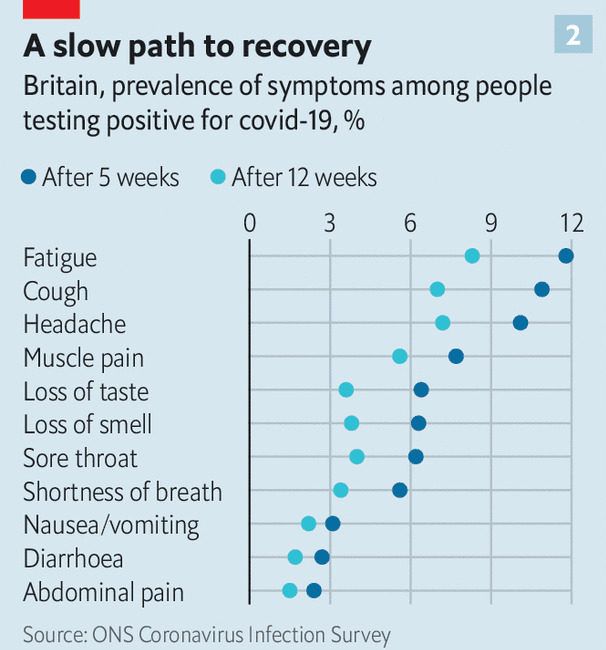
With Covid infection still around us, it is important to know how to deal with post-Covid-19 fatigue. In many Covid cases, after testing negative, patients continue to feel weak, get tired very soon after simple routine tasks, feel drowsy even after getting ample sleep, find it difficult to focus/concentrate, etc.
Some also experience pains and aches, shivering of limbs, and many other associated physical issues. It sometimes takes a long while to recover depending on whether the infection is mild or severe.
It is important to allow time for your body to recuperate. Immediately after you test negative, do not push yourself to get back to the things that you used to do. This could be your exercise routine, physically demanding jobs, mentally exerting activities, etc.
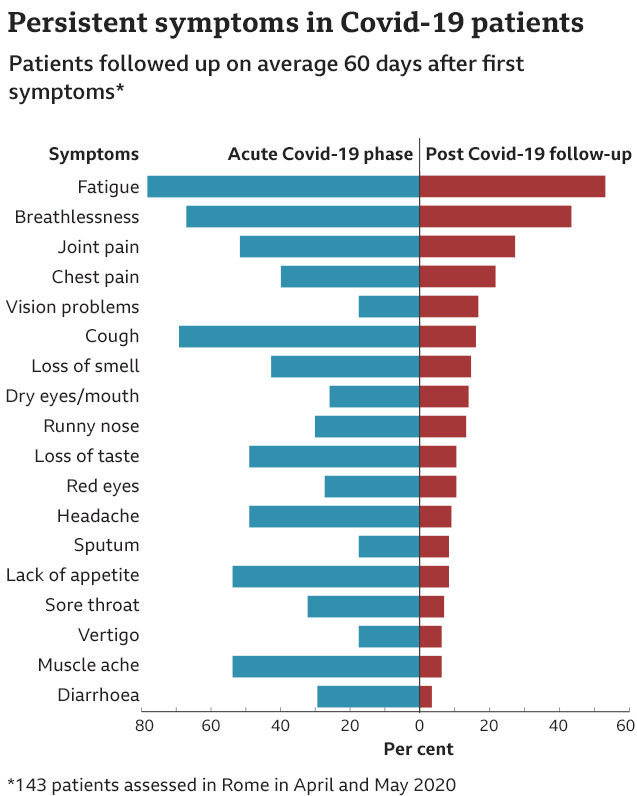
Covid-19 infection can have continuing effects for a couple of months, sometimes even up to six to eight months after you have tested negative. The key is to allow the body to heal, facilitate it with what is required for the same, and slowly get back to the normal lifestyle.
This road to recovery may be extensive and exhausting, but if you take good care, you can manage post covid-19 fatigue.
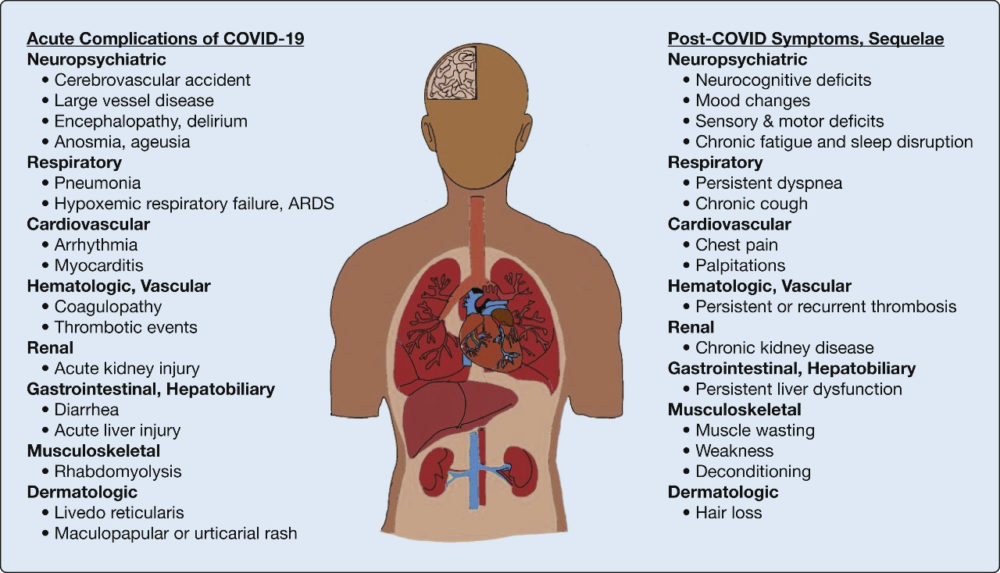 Ways to ensure proper recovery from Post Covid-19 Fatigue
Ways to ensure proper recovery from Post Covid-19 Fatigue

- Continue to follow the safety protocols – Post covid recovery, the patient is vulnerable to infections as his immunity levels will still be low. Stay away from any gathering. Do not go out unless it is an emergency and in such a case, make sure you wear a mask, maintain social distancing, and sanitize yourself whenever necessary.
- Go easy on exercise – Gradually build your strength. Start with slow walks for a short duration. Listen to your body and take a rest when you feel it is required. It is not important to go by the pre-set time. Breathing exercises and meditation can be good to start with. Avoid heavy workouts as your body is weak and still recovering.
- Ensure natural vitamin D – The coronavirus infection will decrease Vitamin D levels in the body. The best way to get it is naturally. To ensure the same, try and get at least 30 minutes of exposure to sunlight preferably in the morning.
- Nutritious diet – A nourishing diet is essential while one is recouping. Make sure to have a balanced and easily digestible meal. Avoid excess sugar, oil, and processed food. Be cautious with your diet if you already have any of the lifestyle diseases. Take that into consideration and plan your diet accordingly.
- Stay hydrated – Dehydration is also a reason for tiredness. Increasing your liquid intake will help fight fatigue. One should properly hydrate themselves and see that electrolytes are maintained to recover from weakness and fatigue.
- Maintain a sleep cycle – Sleep early to wake up early. Waking up early gives a positive and energetic vibe and ensures a great start to your day. It can make you feel productive; it also contributes to mental health. Develop a good sleep pattern and maintain it daily. Stay away from using gadgets after a certain time in the night.
- Stay happy and have fun – Getting a negative test result itself is reason enough to be happy about. Indulge in fun activities that can relax your mind and body. Read your favourite book, listen to music or watch your favourite series to keep yourself cheerful.
One can also do art or craft activities that will keep them active. Remember to take breaks in between and get enough rest. Do not exert, be realistic and kind to yourself. Speak to a counselor or a mental health expert if you feel depressed, anxious, or have other concerns in mind.
